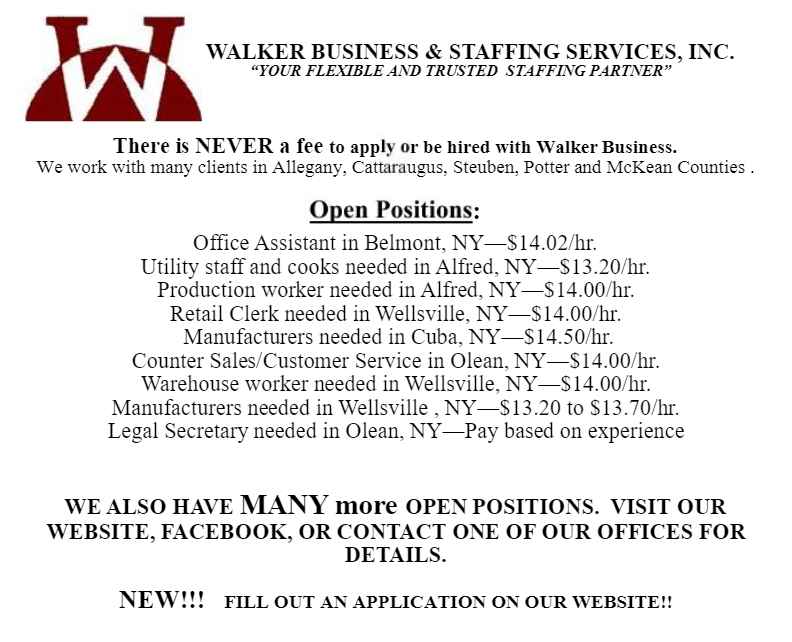By Bob Confer
Donald Trump became president of the United States for a variety of reasons that voters found intriguing during his initial campaign. One of his biggest selling points was his disdain for Chinese manufacturers and American outsourcers as he believed they posed threats to good-paying manufacturing jobs here in America.
That populist rallying cry was also quite popular for President Joe Biden. He helped secure votes by keeping the focus on China in various ways, such as his desire to have the federal government buy American-made goods. It wasn’t election bluster, either, as he’s kept the pressure on China. Like Trump before him, he’s certainly not a friend of the Red Dragon.
Despite this matter being brought to the fore by these Presidents and their supporters, a lot of folks who count themselves as big thinkers – economists, professors, and the corporatists on Wall Street — have always and will always publically state that fears over China taking our jobs are misguided and that the loss of jobs to overseas competitors is almost mythological. They believe that we no longer need to emphasize the manufacture of goods because we’ve become and/or are better off as a high-tech service economy; most manufacturing job losses were attributed to robots and productivity; we’re in a global economy that knows no borders; and consumers are better served by lower prices.
That wrong-headed world view about manufacturing posed by those who have a huge impact on public policy are precisely why manufacturing has been hurting in America. The regulations, taxes, damaging trade agreements, and more that they have helped to develop have crippled the producers that are an absolutely necessary part of our nation’s health.
A service economy doesn’t create wealth. A mixed economy with strong manufacturing, mining, and farming sectors does – the workers, plants, and equipment that make something out of nothing drive a nation’s wealth. For every $1 spent in manufacturing, an extra $2.79 is added to the economy. That’s a multiple of the multiplier effect seen in other market sectors.
For that reason, and the obvious one that I have a deeply vested interest in manufacturing, I side with the blue collar view of China’s threat. I’ve seen it firsthand. We live it every day at the plant…and so do workers in other factories across the region.
There are numerous Chinese manufacturers that rip-off some of the pool and spa products that we make at Confer Plastics. The look, design, and even the assembly manuals were all copied to a “t” – except for the name and, in some cases, the patented portion of the products. Some would say that imitation is the sincerest form of flattery, but that doesn’t make you feel good when you’re certain that the business lost to these cheap goods would provide opportunity for dozens of WNY workers.
Going further back in time, in the 1970s my dad invented the flexible funnel that you see in almost every garage, used a means to cleanly put oil and gas into your vehicle. When the patent expired in the late-1980s we lost that business because we couldn’t compete with overseas plants, their lower input costs, and their ability to fill shipping containers with cheap goods. We haven’t made any of these ubiquitous tools since 1990.
We aren’t alone in this fight.
Consider the story behind the Made in America Store. That awesome enterprise, which has garnered national acclaim and has become a tourism destination, was founded by Mark Andol as a means to overcome the foreign monster that was hurting his first business, General Welding & Fabricating. Low-cost, low-quality Chinese competition forced him to close 2 of his 5 plants and layoff a third of his workforce in 2009.
Mark knew that he needed to “Save Our Country First” (the store’s slogan), so he opened the first of his retail locations in 2010 to showcase goods made by his fellow domestic producers. That store now has multiple locations and carries 9,000 American-made products. While the stores prosper, the back story is still there: Mark still busts his butt to keep his skilled machinists and welders busy at his factories despite and in spite of China.
The, there’s General Motors and its local predecessors. The one-time Harrison Radiator – Delphi plant in Lockport is busy for sure, employing 1,400. But, that number is only a portion of what it was in its heyday. Some of that is attributed to changes in business models and greater productivity, but hundreds of jobs were no doubt lost to Asian rip-offs. I know engineers and managers employed there in the 1980s and 1990s who worked with foreign “partners” that ended up stealing ideas and technology and became competitors, even going so far as to commit espionage with concealed cameras.
Those are just 3 companies of the many in this region that constantly battle intellectual property theft, subsidized production, and unfair trade practices. There are hundreds more like us.
The specter of China is not some made-up bogeyman. It’s real. China manufacturers are taking jobs from Western New York and taking money out of local families’ pocketbooks.
If there are some things to be learned from the pandemic, it’s that China can’t be trusted and we need a strong manufacturing sector here to weather domestic and global crises.
Hopefully, those in power keep that mind.
Hopefully you do, too, when making a purchase.






